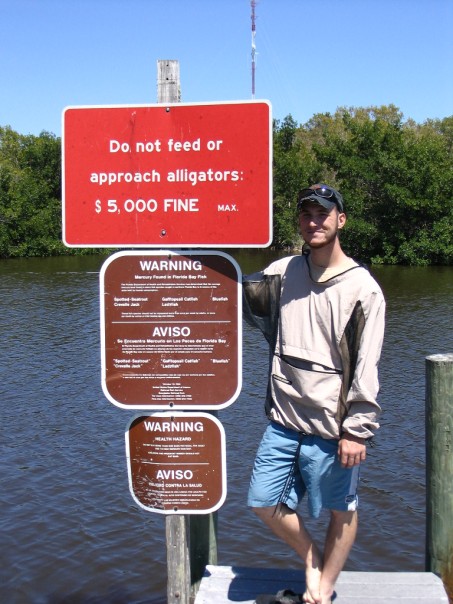
A New Study Finds a Declining Food Supply for Large Marine Animals in Bering Sea
March 9, 2006 — The Bering Sea — which lies just south of the Arctic Circle between Russia and Alaska — is getting warmer, and the heat is already having a huge impact on marine wildlife there, say scientists in a study published today in the journal Science.
Among the findings is a declining food supply for populations of walrus, gray whales and sea ducks in this northern sea.
It appears that these animals now have to compete with fish populations that have pushed into their territory, said the study's lead author, Jacqueline Grebmeier of the University of Tennessee.
Near-freezing water in the northern Bering Sea has traditionally kept bottom-feeding fish like halibut and flounder farther south in warmer waters. But as temperatures have risen — as much as 6 degrees Fahrenheit at the sea floor — the fish have moved farther north, where they eat the food favored by the larger marine mammals.
Because the Bering Sea is relatively shallow — less than 200 feet deep — researchers said that that marine life balances can be easily upset by minor changes.
"This demonstrates the biological effect in an area so shallow that it doesn't take much to fundamentally change the system," said Lee Cooper, chemical oceanographer at the University of Tennessee and co-author of the study. "It's a little sobering."
Whales Moving North
But it also looks as if the animals are trying to adapt to the changes.
The report presents evidence that "gray whales have responded by moving their primary foraging area northward," and cites a "surprising detection" of gray whale calls in the winter of 2003-2004 near Barrow, Alaska, a place where local hunters report "more numerous gray whales than in any time previously."
But there is a limit to how far north the whales and other mammals can go.
"You eventually fall off the continental shelf," Grebmeier said. "They don't have to go very far north of Barrow and they're into that much deeper water basin. And they can't find food that deep."
Read the rest of the article here.



2 comments:
damn global warming.....and NOAA just released a statment saying that the Gulf of Mexico and the Southern Atlantic are warmer this winter than ever recorded......thats bad news for hurricane prone areas....glad I moved already
I guess saying "Southern North Atlantic" makes more sense than "southern atlantic"..but you get the point
Post a Comment